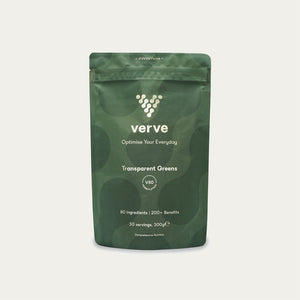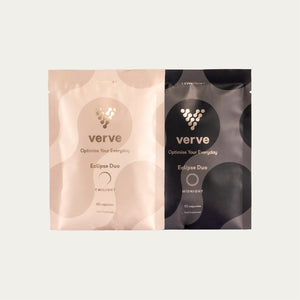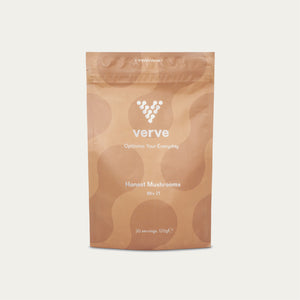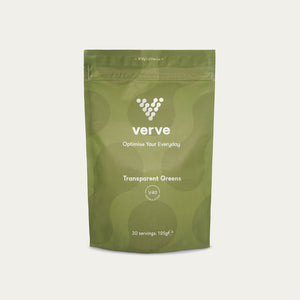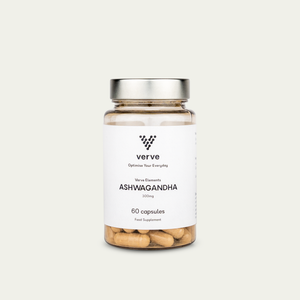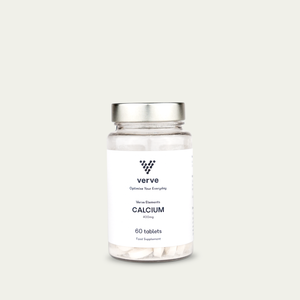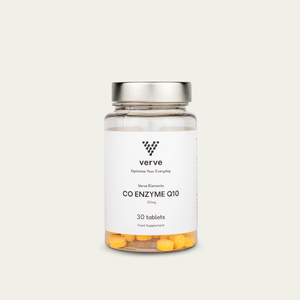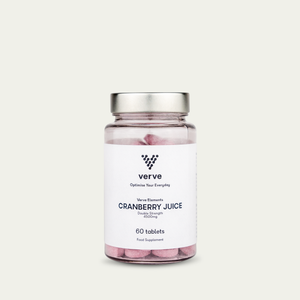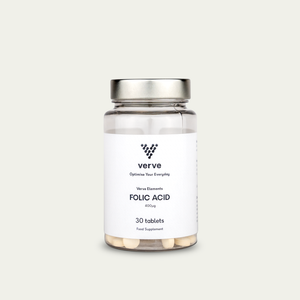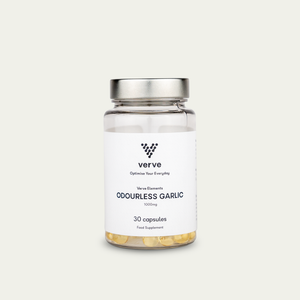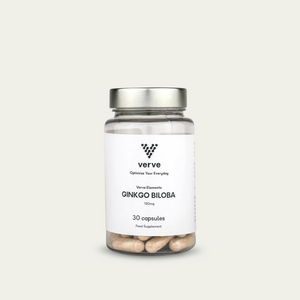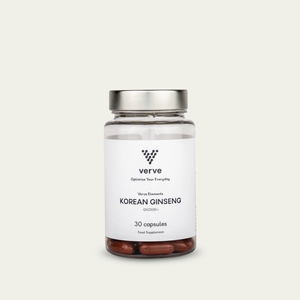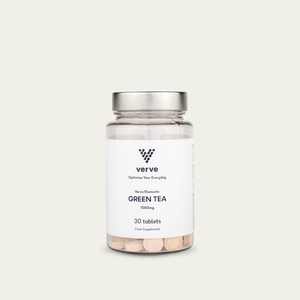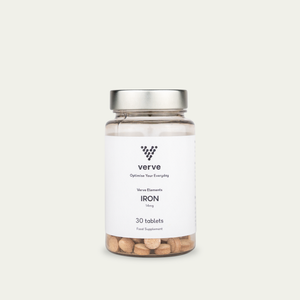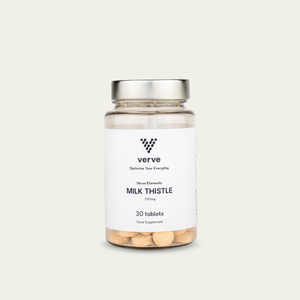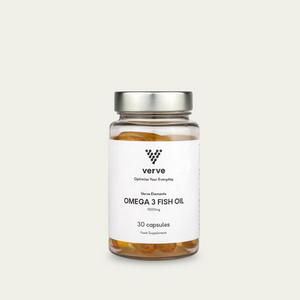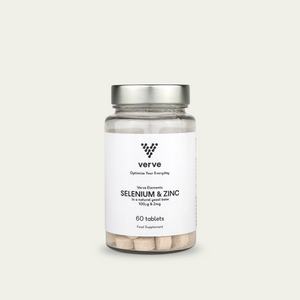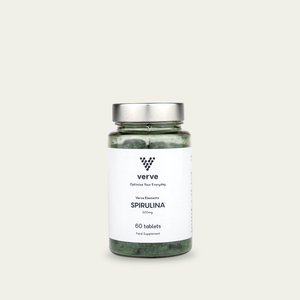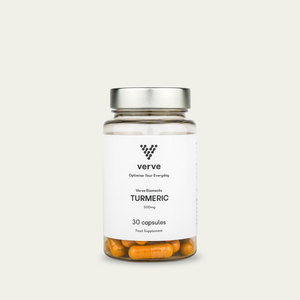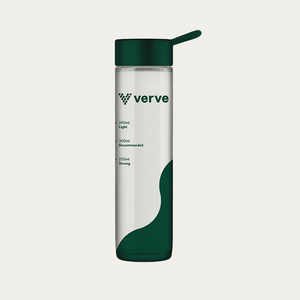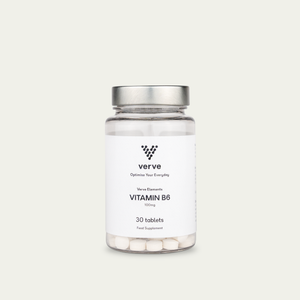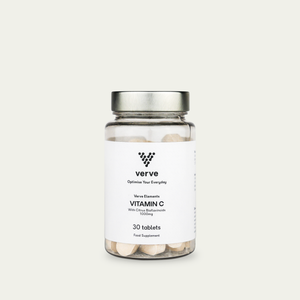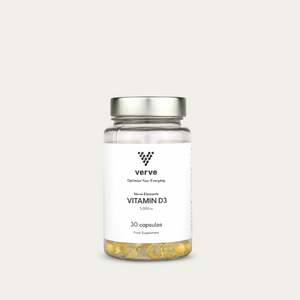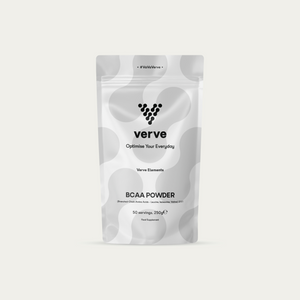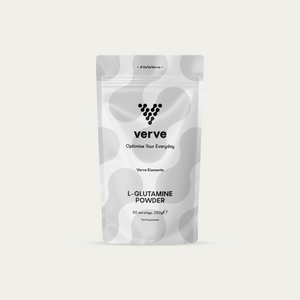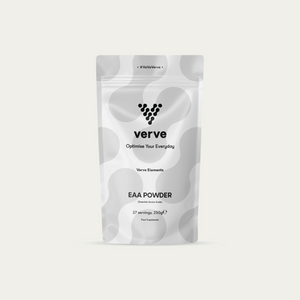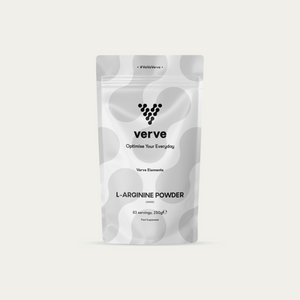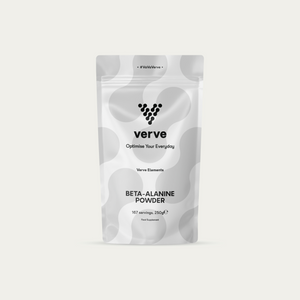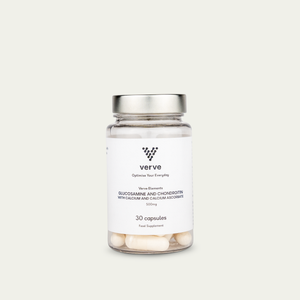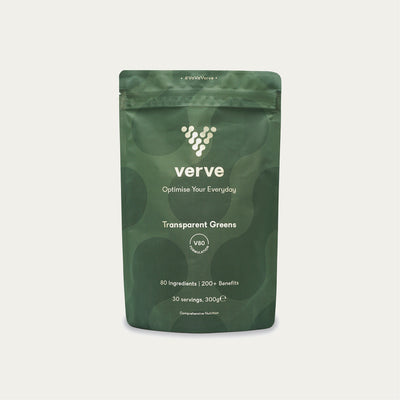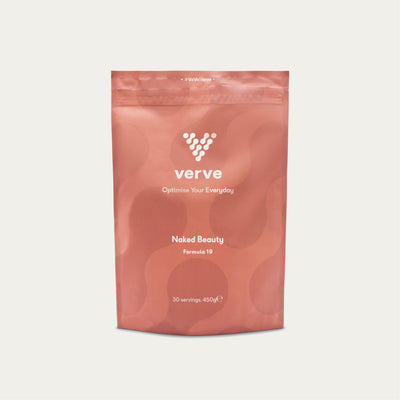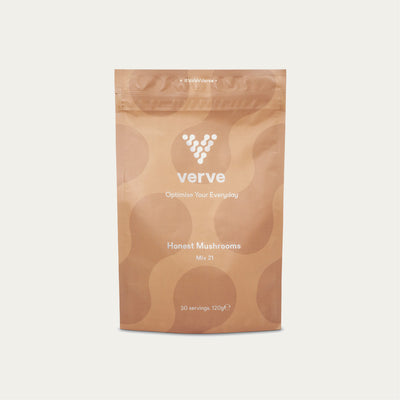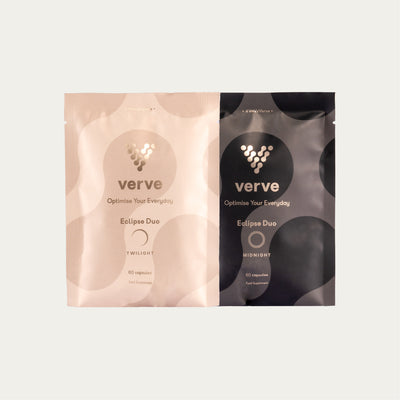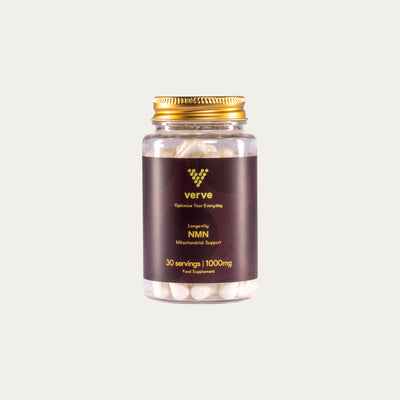IBS-Friendly Foods: Soothe Your Gut With these Calming Options
Do you have IBS or diagnosed food allergy and feel like eating can be frustrating? You're not alone. But don't worry - there are many helpful solutions to get your body feeling better quickly!
One strategy that can help lower the intensity of IBS symptoms is optimising what you eat throughout the day with foods that will help soothe your gut. In this post, we will discuss some tasty and nutritious choices that could help you with digestive problems. These options are easy to make and packed with flavour.
Read on to learn how to find IBS-friendly foods that you will love!
What foods are best with IBS?
IBS, or irritable bowel syndrome, is triggered by gut inflammation, leading to gastrointestinal symptoms such as bloating, pain, constipation or diarrhoea.
Food allergy or intolerance is often the cause of this inflammation, creating an allergic reaction toward certain foods.
People with IBS might need to change their diet and avoid certain food groups that could trigger allergies. They have food intolerances and often experience sensitivity to high-fibre food products, spicy ingredients, dairy or gluten. This makes it difficult to know what to eat when managing IBS.
Fortunately, many types of delicious and healthy foods can help keep your stomach calm while being easy to prepare and still delicious. Here are some of the best IBS-friendly foods:
Fermented Foods:
Fermented foods like kimchi and sauerkraut provide plenty of beneficial bacteria to help digestion and reduce symptoms like bloating. They are also rich in vitamins, minerals, and antioxidants that can support gut health.
Low-Fibre Vegetables:
Non-starchy vegetables such as spinach, kale, cucumber, and zucchini are easy to digest and have minimal fibre content that won't irritate the gut.
Fruits:
Berries are rich in antioxidants but low in fibre, making them gentle on the IBS-prone stomach. Bananas, melons, and oranges can also be great options for those managing IBS symptoms, as they are easy to digest and contain plenty of water.
Lean Protein:
Organic chicken, grass-fed beef, and wild-caught fish are all excellent sources of lean protein that can help reduce gut inflammation while providing the necessary nutrients for healthy digestion.
Healthy Fats:
Healthy fats like avocados, olive oil, and nuts provide essential fatty acids for overall health. They also help to reduce inflammation and support gut health.
Probiotics:
Certain food like yoghurt and kefir contain probiotics that can help balance the bacteria in your gut. This promotes a healthy digestive system, reducing bloating and other symptoms of IBS.
Ginger:
Ginger is an anti-inflammatory root that can help reduce IBS-associated pain and nausea. Try adding shredded ginger to your tea or making smoothies with fresh ginger slices.
Bananas:
Bananas contain a lot of potassium, a mineral that aids in the smooth functioning of the digestive system. They also contain pectin, a soluble fibre that helps reduce constipation and diarrhoea in those with IBS.
Oats:
Oats are packed with insoluble fibre that can help the adverse reaction of IBS. Oats also contain beta-glucan, a soluble fibre that helps balance gut bacteria and reduce inflammation.
Turmeric:
The presence of antioxidants in turmeric can assist in reducing inflammation in the gastrointestinal tract. It can be added to smoothies or soups or taken as a supplement.
Chamomile Tea:
Chamomile tea has anti-inflammatory and calming effects that can reduce IBS symptoms. Try drinking a cup of chamomile tea after each meal to help prevent flare-ups.
What meals are good for IBS?
If someone has a food intolerance like IBS, they may follow the low-FODMAP diet or use low-FODMAP recipes. Here are some quick and easy food ideas for a day on this diet.
- Breakfast: Overnight oats with chia seeds, banana and almond milk
- Lunch: Lentil soup with gluten-free bread or a green salad with quinoa and grilled chicken
- Snack: Hummus and celery sticks
- Dinner: Baked salmon with roasted vegetables or a vegetable stir-fry on brown rice
What Foods Should People Suffering From IBS Avoid?
If a person is diagnosed with IBS, they should avoid certain food groups that can worsen symptoms. These include:
High-Fibre Foods:
High-fibre vegetables like cruciferous veggies, beans, and legumes are difficult to digest and can worsen IBS symptoms. The intolerance may be due to their high amounts of insoluble fibre, which can cause bloating and gas.
Dairy Products:
People with IBS often experience an intolerance to milk or other dairy products, worsening symptoms. Lactose is difficult to digest, causing gas and bloating.
High-Fat Foods:
Fried foods, processed meats, and high-fat dairy products can trigger IBS symptoms because of their fatty nature. It's best to avoid these when managing IBS.
Spicy Foods:
Spicy foods contain compounds that irritate the digestive system and worsen IBS symptoms. So it's best to avoid them as much as possible when dealing with IBS.
Sugary and Processed Snacks:
Processed snacks like chips, cookies, and cakes contain sugar and additives that can worsen IBS symptoms.
Is toast good for IBS?
Living with IBS means being intolerant to certain food products that can worsen symptoms. Wheat products such as bread and pasta contain gluten, which can be difficult to digest and trigger IBS symptoms.
Toasted bread may be a particularly problematic food; it is high in fibre, which can irritate the digestive system of those with IBS. Therefore, it is best to avoid toast when managing IBS symptoms.
However, if you eat toast, opt for whole-grain or gluten-free bread. These alternatives are easier to digest and contain fewer ingredients that can trigger IBS symptoms.
Is porridge good for IBS?
If you are affected by IBS, porridge can be a nutritious and safe choice for breakfast. Oats are packed with insoluble fibre, which helps to prevent your toilet business. They also contain beta-glucan, a soluble fibre that helps balance gut bacteria and reduce inflammation.
Porridge is also easy to digest, so you don't have to worry about indigestion or other IBS-related symptoms. It is easy to serve and customise to your taste - you can add chopped nuts, fruits, honey and other ingredients.
How do I get a flat stomach with IBS?
The adult population struggles with weight gain, and one of the most common areas of concern is the stomach area. Keeping your stomach flat can be especially difficult for those with IBS, as the condition can often cause bloating and discomfort.
Considering your food hypersensitivity, avoiding eating the specific food groups that trigger your IBS is important. This means keeping up with a low FODMAP diet and opting for high-fibre foods.
It is also important to focus on gut health. Probiotic-rich foods like yoghurt, kefir, and kimchi can help improve gut health. Probiotic drinks are also available in the market, which you can incorporate into your diet.
In addition to that, regular exercise is important for a flat stomach. Low-intensity exercises like walking and yoga are great for IBS sufferers as they strengthen the digestive muscles and reduce inflammation. Pilates is another good option for those living with IBS.
How do you calm an IBS flare-up?
IBS flare-up is not a fun experience and can be quite disruptive. It can reduce your immune system, increase blood pressure, cause pain and discomfort, and interfere with your daily routine.
The problem is, sometimes, you can't control what has caused the flare-up. But, there are ways to alleviate flare-up reactions.
Here are some tips for calming an IBS flare-up:
- Have a soothing drink: A cup of herbal tea can help calm an IBS flare-up. Chamomile and peppermint teas are particularly helpful in soothing the digestive tract.
- Warm water treatment: Warm water is known to be calming, so try relaxing to deal with IBS flare-ups. Another option is to place a hot water bottle on your stomach or abdomen.
- Try relaxation exercises: Deep breathing, yoga, and meditation can help reduce the physical and emotional stress caused by an IBS flare-up.
- Consume probiotics: Probiotics are beneficial bacteria that help support digestive health. A daily probiotic supplement can help balance gut flora, reducing inflammation and discomfort associated with IBS.
What lifestyle changes should people with IBS make?
While managing an IBS diagnosis is largely about changing your diet, some lifestyle changes can help reduce symptoms.
These include:
- Regular Exercise: Exercising regularly helps to regulate digestion and reduce stress. This can benefit those with IBS because it relieves stress-related symptoms.
- Stress Management: Stress plays a major role in IBS flare-ups. Practising stress management techniques like yoga, meditation, deep breathing, or journaling can help reduce anxiety and prevent any allergic reaction.
- Adequate Sleep: Getting enough sleep helps the body repair itself and regulate hormones that control digestion.
- Limiting Caffeine: Too much caffeine can worsen IBS symptoms, so limit your intake to one cup of coffee or tea daily.
- Keep a Food Diary: Keeping track of what you eat or have eaten and any associated reactions help identify which foods are triggering flare-ups.
- Avoid Trigger Foods: Eating foods that trigger IBS symptoms should be avoided. These may include processed foods, dairy, wheat-based products, spicy dishes and alcohol.
You can manage your IBS symptoms better by incorporating these lifestyle changes. It is also important to seek medical advice from your doctor if your symptoms or other reactions persist.
Final Thought
It is clear from the numerous IBS-friendly foods listed above that many delicious options are available to help soothe your gut. An IBS-friendly diet should not be bitter or boring.
Armed with the tips from this blog post, you know the best ingredients that can soothe your gut and their associated health benefits.
With the right approach, one can easily create a personalised meal plan tailored to their needs. You can have a peaceful life even with your food allergies and IBS.
Don't feel like you have to choose between flavour and comfort. Start exploring options for meals that are both wholesome and satisfying.
So, why not embark on your individualised IBS-friendly journey today? Sign up now and be one of the first 1,000 subscribers to receive our exclusive giveaway.
